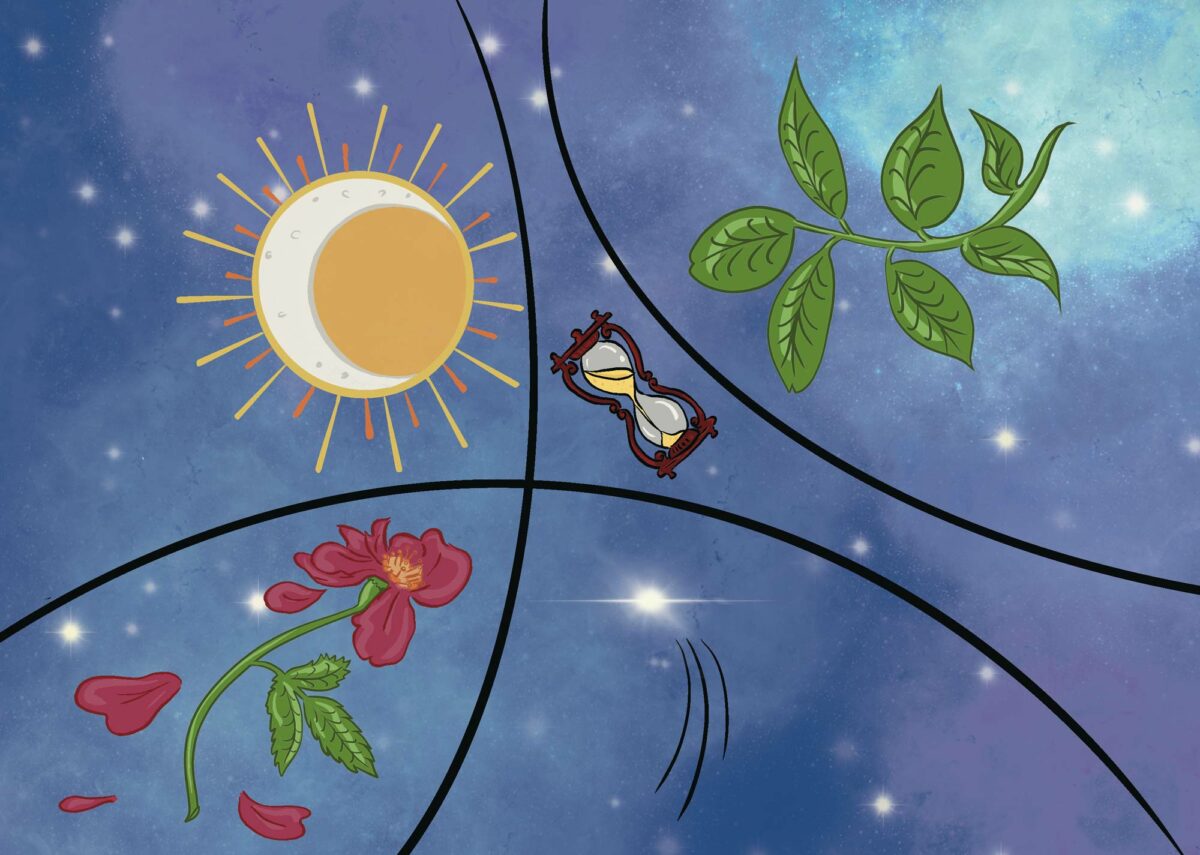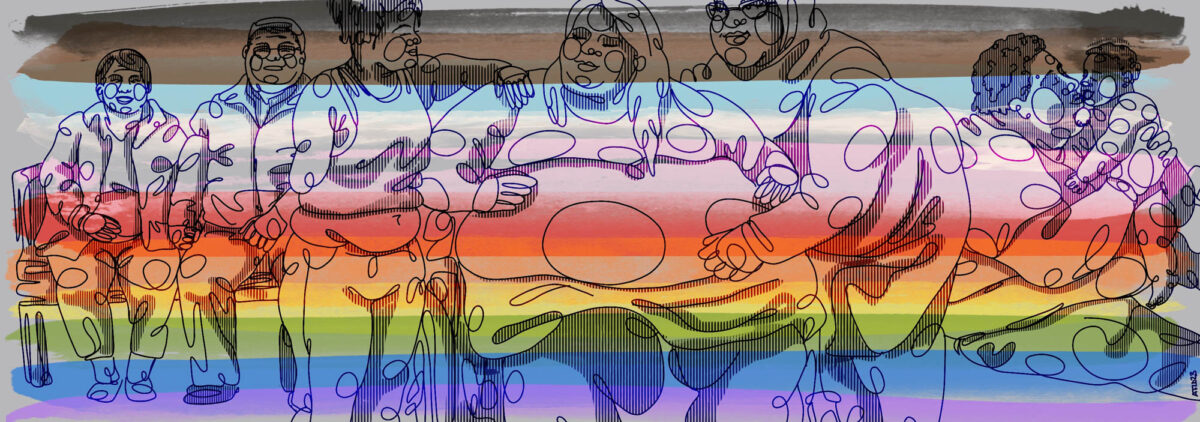I would like to begin this chapter by situating myself. My work comes from my lived experience of fatness. Having moved in my adolescent and adult life both inside and outside the “fat” category, I have intimate knowledge of fat oppression and how it is gendered symbolically and systemically. I also know first-hand about the micro and institutional aggressions experienced by many fat people, especially women. On the flip side, I have experiential knowledge of body privilege, and how the world responds to a “passing-as-normal” woman. The flourishing euphemisms (from ample to zaftig) and fluidity of the category aside, there is something fixed about my memories. My fatness haunts me—an abject that cannot be cast away. Julia Kristeva, a French feminist philosopher, calls the abject the “twisted braid” (1982, 3) of fear and fascination that people feel when we encounter bodily fluids, features, or functions that remind us of the unknowability and uncontainability of our bodies, our vulnerability to disease, and the certainty of our death. For scholar Deborah Covino (2000), abjection is a rich term because it captures undesirable dimensions of embodiment that people want to push away (pain, disease) as well as the scapegoating of groups (fat people, those with illness or disabilities) associated with those experiences.
Rice, C. (2016). Revisioning fat: From enforcing norms to exploring possibilities unique to different bodies. In W. Mitchinson, D. McPhail, & J. Ellison (Eds.), Obesity in Canada: Critical Perspectives (pp. 419–440). University of Toronto Press. https://utorontopress.com/9781442628540/obesity-in-canada/





